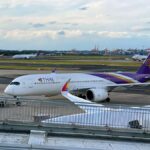
QANTAS: Jobkeeper, underpays workers, Federal Court case loss
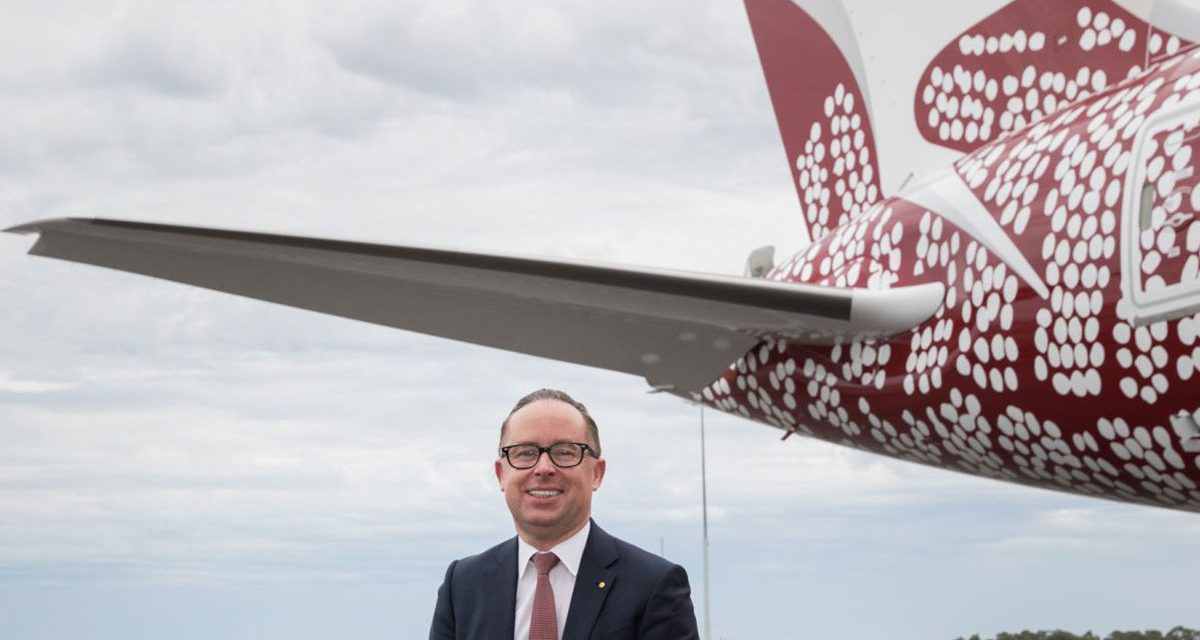
The Federal Court did not agree with the Qantas interpretation of how it could use government JobKeeer payments in a case brought by airline unions. This result means that Qantas will more than likely owe backpay to hundreds of employees working during the pandemic.
The decision has wider application and may affect a whole lot of companies recieving JobKeeper who pay their staff in arrears.
What this is all about
Now, bear with me, and let me unravel this for you with the help of the Workplace correspondent of the Australian Financial Review.
Qantas argued that it could use:
‘ . . . workers’ earnings paid in arrears to reduce the top-up amount it must make to get their pay to the minimum $1,500 a fortnight required under JobKeeper.’
David Marin-Guzman, Australian Financial Review
Under the Qantas enterprise agreement, it has paid penalty rates to cabin crew, baggage handlers and other staff for fortnights they did not work. According to the AFR article . . .
‘The requirements meant that, for example, an employee can perform work and overtime that give rise to earnings of $3000 but $1500 of that in overtime penalties would not be paid until the next fortnight.
In a case where the employee was stood down the next fortnight, the airline argued it could count the $1500 towards that fortnight’s minimum $1500 JobKeeper payment rather than simply in addition to the earnings paid during the previous fortnight.’David Marin-Guzman, Australian Financial Review
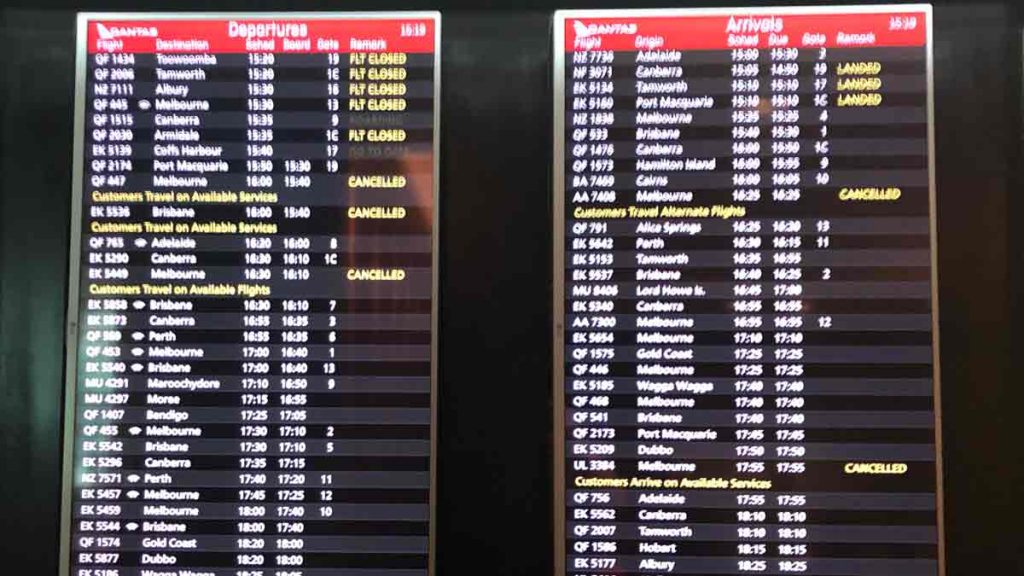
Qantas corporate self interest
Let me bottom line this example for you:
Qantas interpreted the JobKeeper rules in its favour, meaning that instead of getting AU$4,500, which includes the AU$1,500 JobKeeper payment, the employee in this example was paid Just AU$3,000.
In the judge’s view, you needed to be working out JobKeeper, and what the worker was owed contractually in the same fortnight, and not ‘rolling over’ (my term) to credit the next fortnight. In other words, penalties paid in arrears (in the period after they were earned)
” . . . cannot be ‘set off’ or otherwise called to account by Qantas to relieve it of its obligation to also pay the JobKeeper payment.”
Justice Geoffrey Flick, Federal Court
The judge acknowledged that the judgement might result in a large back pay for employees, and was comfortable with that, telling the court that it was up to the government to “tweak” the scheme if it didn’t like the interpretation.
Unions are happy
The unions not usually shy of a fight did not argue that Qantas was seeking to maximise JobKeeper payments and keep a proportion for itself, however after the judgement, a union spokesperson was happy to argue the underpayments were deliberate and demonstrated the different attitude they took to unionised labour distinct from the bonus granting attitude they applied to executives.
Qantas is not happy
Qantas in its usual confrontational way is saying that the judgement undermines the government’s concept of JobKeeper as a ‘safety net’, and employees should not get their hopes up for a pay windfall, since they might appeal.
Qantas has form in this area given a previous case in the Fair Work Commission which ruled that the airline was not reasonably applying JobKeeper for employees paid monthly by splitting it into fortnights – which worked to reduce their JobKeeper payments.
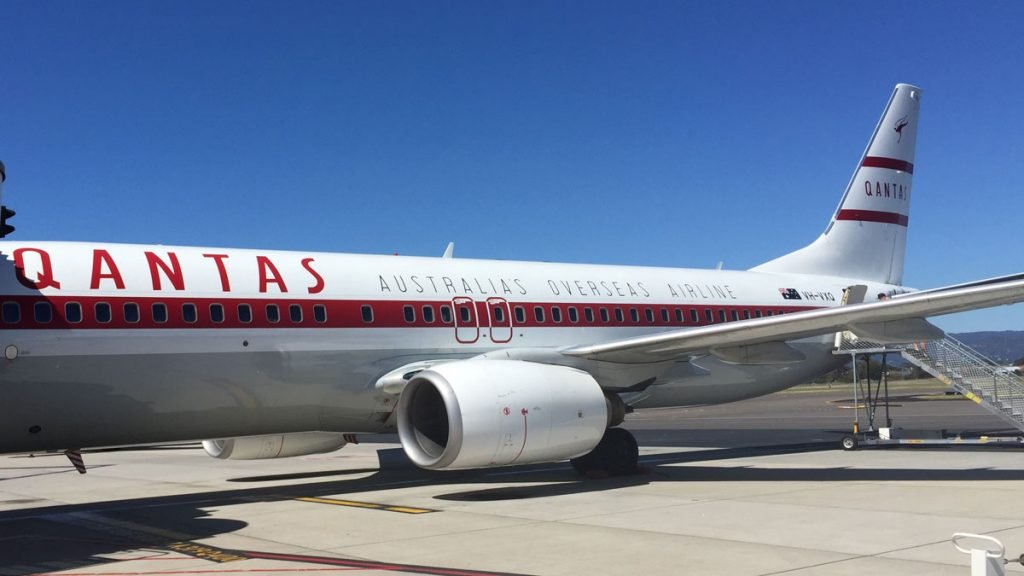
2PAXfly Takeout
This is another timely reminder to wear your seatbelt when seated. Holding you close to your seat will protect you from the sort of injuries sustained on this flight, when unsecured passengers flew to the ceiling of the aircraft, and then came crashing down once the ‘drop’ ceased.
The hope will be that this is an anomaly – a ‘freak accident’ in casual parlance. If it is a systemic error either mechanical or electronic, then this is a larger concern for the airlines that fly Boeing Dreamliner 787 aircraft. Let’s hope it isn’t. If it is, it will pile on the woes to Boeing’s existing stack.
I think that Qantas possibly got caught out by an unforeseen complication with its enterprise agreement that could never have predicted the onset of COVID-19, or the advent of JobSeeker. Qantas interpreted the provisions in their favour, which is not a shooting offence but laid them open to the unions (quite rightly) challenged their view.
This is why we have courts to interpret such things.
With both parties to this quarrel fighting for survival, it’s hard to take sides. Mind you Qantas which has weight on its side is rarely afraid to throw it around.


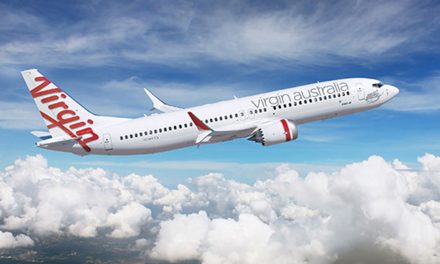

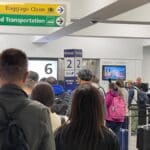




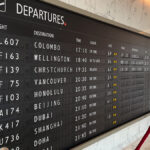

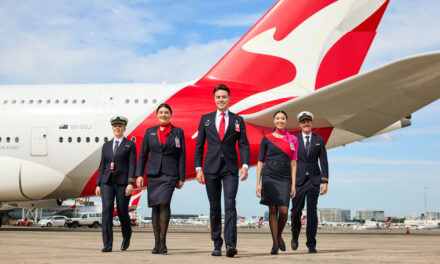
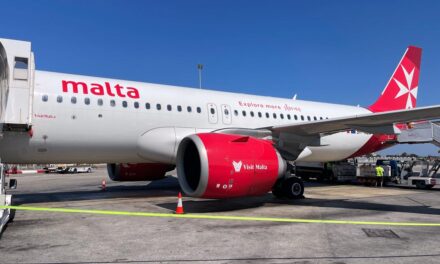





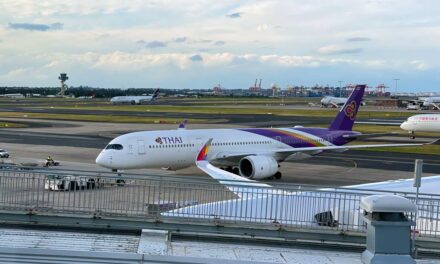










What did you say?